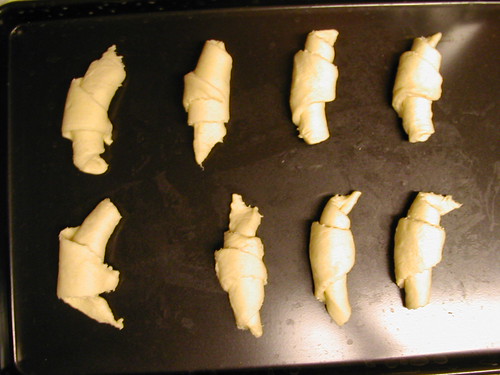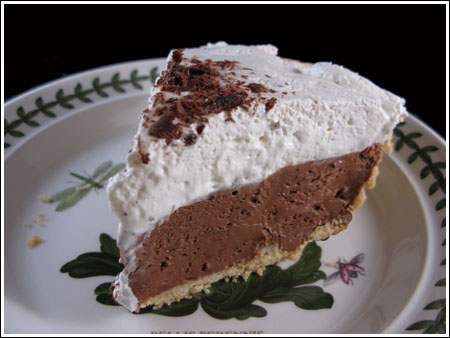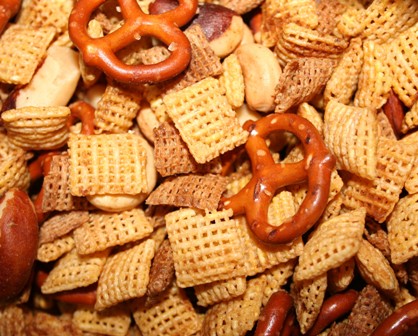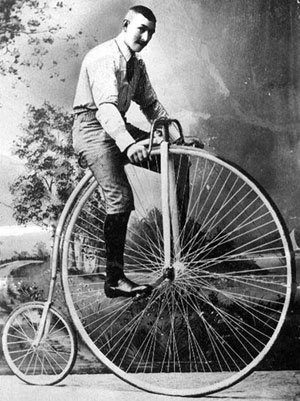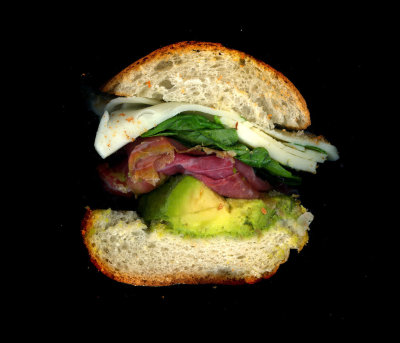Trading is the act of buying and selling a financial instrument. Common financial instruments include stocks, bonds, options, futures and currencies. The ONLY reason someone trades is for financial gain. Most traders fall in the category of "speculators" who are people that trade for short-term profit and income while others may be investors (trading with a long-term financial goal) or hedgers who trade to protect profits or prices in other financial instruments or commodities such as grains, oil or currency.
I trade futures contracts. A futures contract is an agreement to buy or sell a specified amount of a commodity at a future date and price called the settlement date and settlement price. For the majority of futures contracts, that date occurs on the 3rd Friday of the expiration month. Most futures contracts settle four times a year though some contracts expire up to 12 times a year (monthly). At expiration, the people that are long (meaning they OWN a contract to buy at a certain price) must purchase the commodity from the people who are short the contract (meaning they must SELL at a certain price) at specified locations, where delivery occurs. I trade these contracts on various exchanges, most notably the Chicago Mercantile Exchange, Chicago Board of Trade and NY Mercantile Exchange (NYMEX).
Those of you vaguely familiar with various financial products may think futures sound like options but they're not. Options simply give you the option to buy the underlying asset (a stock) at the expiration date whereas futures contracts MUST be settled on the settlement date.
Sidenote:
I ONLY trade futures. They are highly liquid, trade extremely well from a technical standpoint and they are traded on highly regulated and established exchanges that ensure the playing field is level. Stocks are subject to games and manipulation, foreign exchange/currency trading is a complete joke/scam, options are confusing and fall prey to the exact same games as stocks and bonds aren't great trading instruments. When you compare the facts and aspects of futures and other trading instruments you'll see that futures are far and away the greatest trading instruments on the planet which is why they're the only thing I trade and the only thing I would recommend an aspiring professional trader to trade, as well.
What futures contracts do I trade? Well, I focus my efforts on the equity indexes and the grain markets. The indexes are things you're familiar with like the NASDAQ, Dow Jones Industrial Average, S&P 500 and so forth. You can't take delivery of these contracts as you would a physical commodity so these contracts have what is called a "cash settlement" where the people that are LONG the contract must pay what the block of the stocks that are contained in the index (whatever the contract's value is) are worth. It's rather complicated but just know that with the exception (possibly) of people that are hedging with the index contracts, nobody ever lets the contract expire and settles in cash and simply unwinds their position as the contract expiration date nears.
Grains are pretty easy to understand and are the original commodities traded in futures markets: corn, soybeans and wheat. Each contract is nicknamed a "car" as when the markets first opened, a contract was equivalent to one railroad car of the commodity. Each grain contract is for 5,000 bushels of the commodity...which is an insane amount...about 125 tons or so depending on the commodity.
There are futures contracts for a wide variety of commodities. Oil, grains, the "softs" (cocoa, coffee, sugar, frozen concentrated orange juice), various US Treasury bonds/notes, currencies, pork, cattle, the list goes on. Remember: although these markets are mostly used for speculation (profit) their original intent--which they are still widely used for--is for the actual exchange and hedging of commodities. Farmers sell their crops through these markets, food companies buy the commodities they need to produce their foods in these markets which has a trickle down effect on EVERYTHING you use and consume. If you notice prices rise on pretty much anything in the grocery store, there's an excellent chance that corn or other commodity prices are up. They truly are the markets that make the world go 'round.
A futures contract symbol looks like this:
CZ09
The future symbol is listed first (in this case, C = corn), the contract expiration month is listed next (Z = December) and the year is listed last (2009).
This contract is colloquially referred to as "winter corn" just as another popular contract right now is "summer wheat" for July 2010 or WN10. The further out contracts are most times used as hedges for farmers/growers and such as they are looking to lock in a prices for their crops/commodities at a future date and can then adjust the price they will get for their crops as the settlement date nears. The speculators (people trading for profit, like me) most times trade the "front month" which is the closest expiration month to today's date, simply because there is far more volume and people trading those contracts and the prices are very volatile.
As a trader, I don't care what direction price goes, I just care that it moves. I also do not need to have ownership of something to sell it. So, I can sell a corn contract but must then buy it back later. This is called going "short." This isn't a concern because only the contract is exchanging hands, not the actual commodity. The buying/selling is done using margin. My broker and the Exchange ask me to put up a certain amount of money (margin) as a good faith gesture to trade a contract, which is how I can trade hundreds of thousands of dollars worth of a commodity with a fraction of the amount in my account.
Contracts have a "tick value" which is the minimum amount that a contract can move up/down. For most contracts I trade, that amount is 1/4 (grains are quirky in that their tick size is measured in 2/8-cent increments; don't ask why it's not in quarter cents, cuz I don't know). So, if the price of the S&P contract is 1094.25 it can go to 1094.50 or 1094 even. Each tick is assigned a dollar value. For the majority of contracts I trade that are 1/4-tick increments, that amount is $12.50. So, for each tick that the contract goes up or down it equates to a $12.50 gain or loss; hopefully the former.
Here's an example...
When I buy/sell a contract, I'm selling the price of each unit in that contract but the contract is for a certain amount of the commodity. So, for corn, if I buy a contract @ 393 6/8 and corn is measured in bushels (5,000 to a contract), I'm in effect saying that I want buy corn @ 393 6/8 cents per bushel...in other words, $3.9375 x 5,000 bushels so the contract is worth $19,687.50. Let's say that some time elapses and the price of corn is now 396 2/8 or $3.9625 x 5,000 bushels, so that same contract is now worth $19,812.50. By selling that contract, I just made $125. Sweet!
The last thing you're going to learn is the term "zero sum game." See, futures are different than stocks or bonds. With stocks and bonds, you have a finite quantity of shares or bonds that can be sold. Those shares are issued by the company who's stock you are buying and sold by a Broker or someone else who physically owns the shares. Ignoring people who short sell stocks/bonds, if the price of the shares skyrocket then everyone gains and everyone makes money. This is not the case for futures. Futures require a buyer and a seller in each transaction; same as a stock. The difference is that there is never a net positive or negative of people who own a contract or who are short a contract; they are always equal since in order for someone to buy you need someone to sell. Let's say the price of a futures contract skyrockets, as well. Not everyone is going to gain. In fact, half the people will gain while the other half will lose the exact same amount. This is why futures are a zero sum game. If I'm long a contract and sell it back and make $125, that means that someone else (who was short and bought the contract back) has just lost $125. This may mean they got in at the exact same price and time as me (but were short the contract) or it may mean that they had $1,000 in profit but sold and now only have an $875 profit, but one way or another, someone lost $125. This is very important to remember and what make futures so unique and fundamentally different than stocks or bonds. It's also why these financial instruments are so wonderful to trade because they are infinitely liquid and the possibility of games and funny business like you see with stocks is greatly reduced or eliminated.
So there you have it. You're probably bored to death, but if you couldn't tell, I could talk about this stuff for days on end. If you have any other questions about futures, the markets I trade and so forth or are interested in learning how futures can be used as an investment vehicle for you, get in touch with me; you know how to find me.






